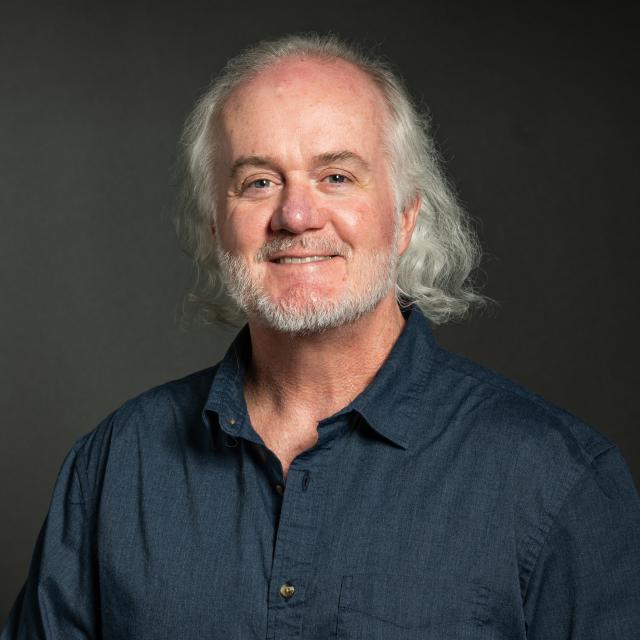Gill, M.J. & Zungu, S.P. (in press). What do other people think he deserves? Social influence on utilization of mitigating information regarding a violent offender’s unfortunate life history. PLoS ONE.
Gill, M.J., **Alam, R., & **Nagelhout, C. (2023). Tweeting others with respect: Historicist thinking can reduce blame and hostile retaliation to nasty communications from partisan opponents. Social Psychological and Personality Science, 14(3), 286-294.
Gill, M.J. & **Pizzuto, A.E. (2022). Unwilling to un-blame: Whites who dismiss historical causes of societal disparities also dismiss personal mitigating information for Black offenders. Social Cognition, 40(1), 55-87.
Gill, M.J., Andreychik, M.R., & Getty, P.D. (2021). Those who ignore the past are doomed…to be heartless: Lay historicist theory is associated with humane responses to the struggles and transgressions of others. PLOS One.
Gill, M.J. & Cerce, S.C. (2021). The Blame Intensity Inventory: Assessing the propensity to blame harshly and its unique capacity to predict malicious satisfaction from offender victimization. Personality and Social Psychology Bulletin.
Gill, M.J. & Thalla, N. (2020). When history becomes his story: Shifts in narrative perspective weaken the blame-mitigating force of life-history narratives. British Journal of Social Psychology, 59, 311-328.
Gill, M.J. & Ungson, N.D. (2018). How much blame does he truly deserve? Historicist narratives engender uncertainty about blameworthiness, facilitating motivated cognition in moral judgment. Journal of Experimental Social Psychology, 77, 11-23.
Gill, M. J., & Cerce, S. C. (2017). He never willed to have the will he has: Historicist narratives, “civilized” blame, and the need to distinguish two notions of free will. Journal of Personality and Social Psychology, 112(3), 361-382.
Gill, M. J. & Getty, P. D. (2016). On shifting the blame to humanity: Historicist narratives regarding transgressors evoke compassion for the transgressor but disdain for humanity. British Journal of Social Psychology, 55(4), 773-791.
Gill, M. J. & **Mendes, D. M. (2016). When the minority thinks “essentially” like the majority: Blacks distinguish bio-somatic from bio-behavioral essentialism in their conceptions of Whites, and only the latter predicts prejudice. PLOS ONE, 11(8), e0160086.
Andreychik, M. R. & Gill, M. J. (2015). Do natural kind beliefs about social groups contribute to prejudice?: Distinguishing bio-somatic from bio-behavioral essentialism, and both of these from entitativity. Group Processes and Intergroup Relations, 18(4), 454-474.
Gill, M. J. & Andreychik, M. R. (2014). The Social Explanatory Style Questionnaire: Assessing moderators of basic social-cognitive phenomena including spontaneous trait inference, the Fundamental Attribution Error, and moral blame. PLOS ONE, 9(7), e100886.
Gill, M. J., Andreychik, M. R., & Getty, P. D. (2013). More than a lack of control: External explanations evoke compassion by increasing perceptions of suffering (independent of perceived control). Personality and Social Psychology Bulletin, 39, 73-87.
Gill, M. J., Packer, D. J., & Van Bavel, J. (2013). More to morality than mutualism: Consistent contributors exist and they can inspire costly generosity in others. [Commentary on Baumard et al., A Mutualistic Approach to Morality]. Behavioral and Brain Sciences, 36(1), 90.
Moskowitz, G.B. & Gill, M.J. (2013). Interpersonal perception: From snap judgments to the regulation of enduring relationships. In D. Reisberg (Ed.), Oxford Handbook of Cognitive Psychology. Oxford: Oxford University Press.
Andreychik, M. R. & Gill, M. J. (2012). Do negative implicit associations indicate negative attitudes?: Social explanations moderate whether ostensible “negative” associations are prejudice-based or empathy-based. Journal of Experimental Social Psychology, 48(5), 1082-1093.
Gill, M. J. & Andreychik, M. A. (2009). Getting emotional about explanations: Social explanations and social explanatory styles as bases of prosocial emotions and intergroup attitudes. Social and Personality Psychology Compass, 3(6), 1038-1054.
Andreychik, M. R. & Gill, M.J. (2009). Ingroup identity moderates the impact of social explanations on intergroup attitudes: External explanations are not inherently prosocial. Personality and Social Psychology Bulletin, 35, 1632-1645.
Gill, M. J. & Andreychik, M. R. (2007). Explanation and intergroup emotion: Social explanations as a foundation of prejudice-related compunction. Group Processes and Intergroup Relations [Special Issue on Intergroup Emotion], 10, 87-106.
Gill, M. J. (2004). When information does not deter stereotyping: Prescriptive stereotyping can bias judgments under conditions that discourage descriptive stereotyping. Journal of Experimental Social Psychology, 40(5), 619-632.
Gill, M. J. & Swann, W. B., Jr. (2004). On what it means to know a person: A matter of pragmatics. Journal of Personality and Social Psychology, 86(3), 405-414.
Gill, M. J. (2003). Biased against ‘them’ more than ‘him’: Stereotype use in group-directed and individual-directed judgment. Social Cognition, 21(3), 321-348.
Gilbert, D. T., Gill, M. J., & Wilson, T. D. (2002). The future is now: Temporal correction in affective forecasting. Organizational Behavior and Human Decision Processes, 88, 430-444.
Gilbert, D. T. & Gill, M. J. (2000). The momentary realist. Psychological Science, 11, 394-398.
Gill, M. J., Swann, W. B., Jr. & Silvera, D. H. (1998). On the genesis of confidence. Journal of Personality and Social Psychology, 75, 1101-1114.
Swann, W. B., Jr. & Gill, M. J. (1998). Beliefs, confidence, and the widows Ademoski: On knowing what we know about others. In V. Y. Yzerbyt, G. Lories, & B. Dardenne (Eds.), Metacognition: Cognitive and social dimensions. London: Sage.
Swann, W. B., Jr. & Gill, M. J. (1997). Confidence and accuracy in person perception: Do we know what we think we know about our relationship partners? Journal of Personality and Social Psychology, 73, 747-757.


